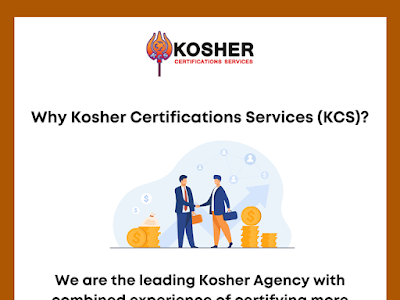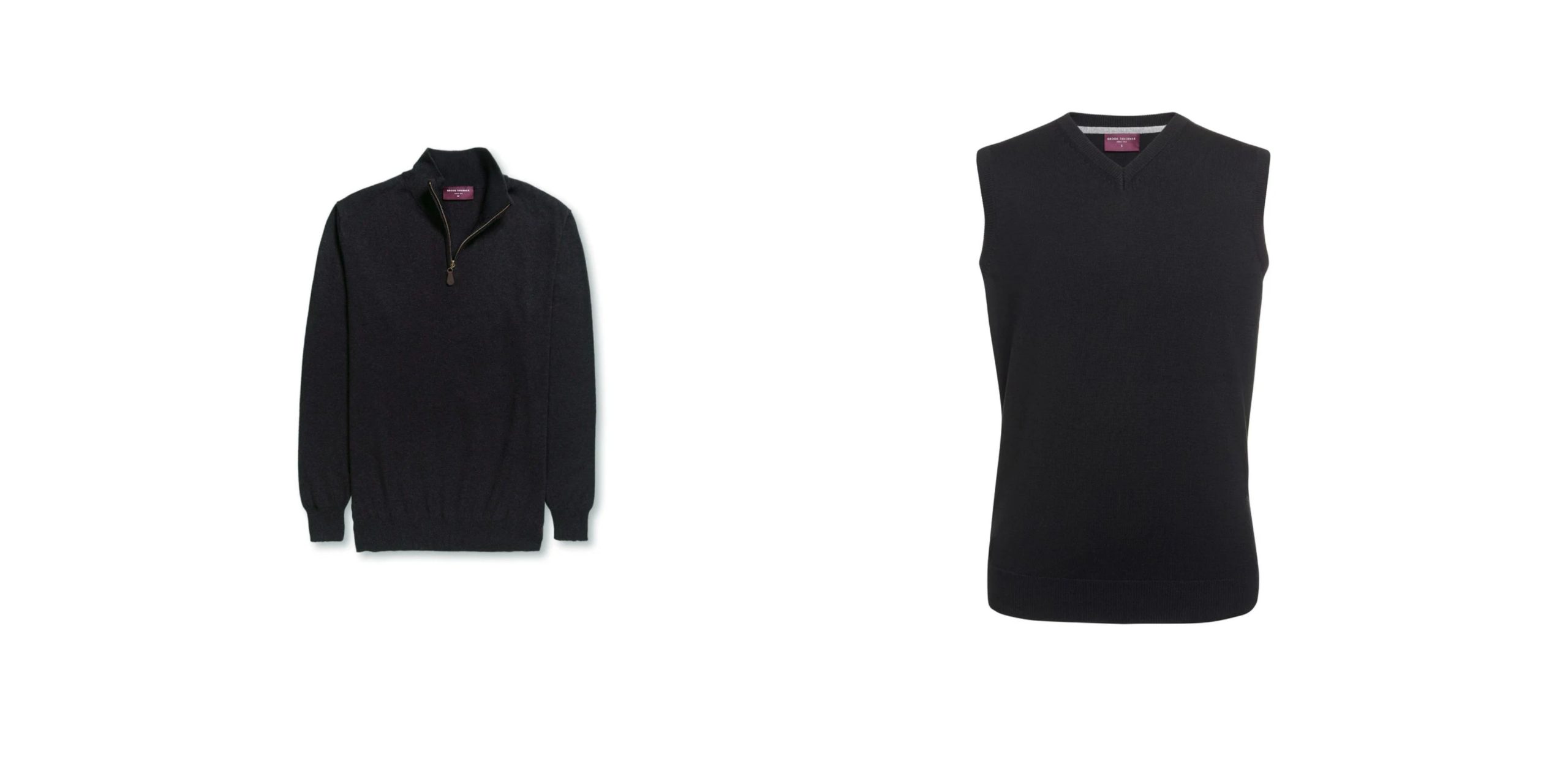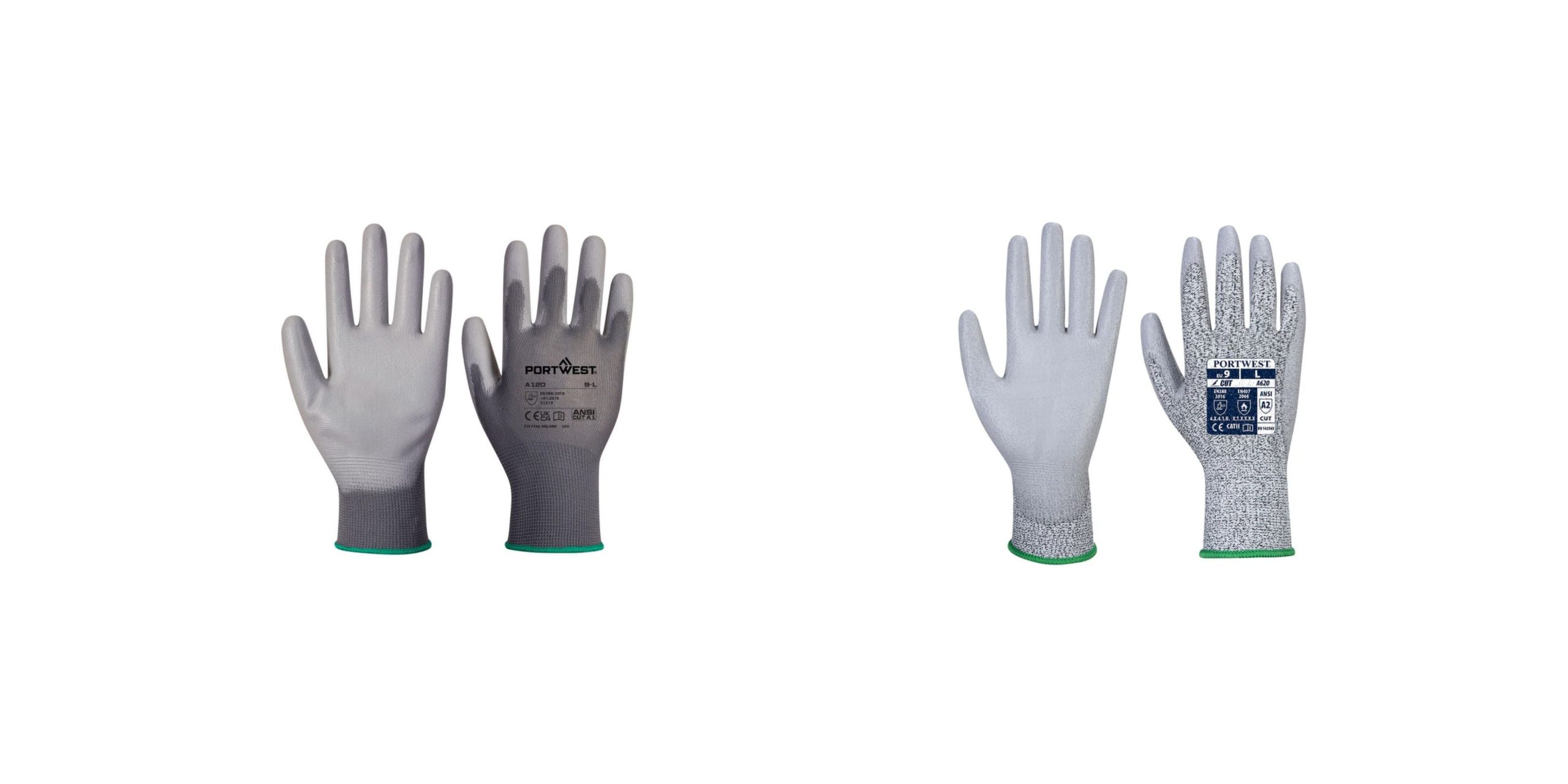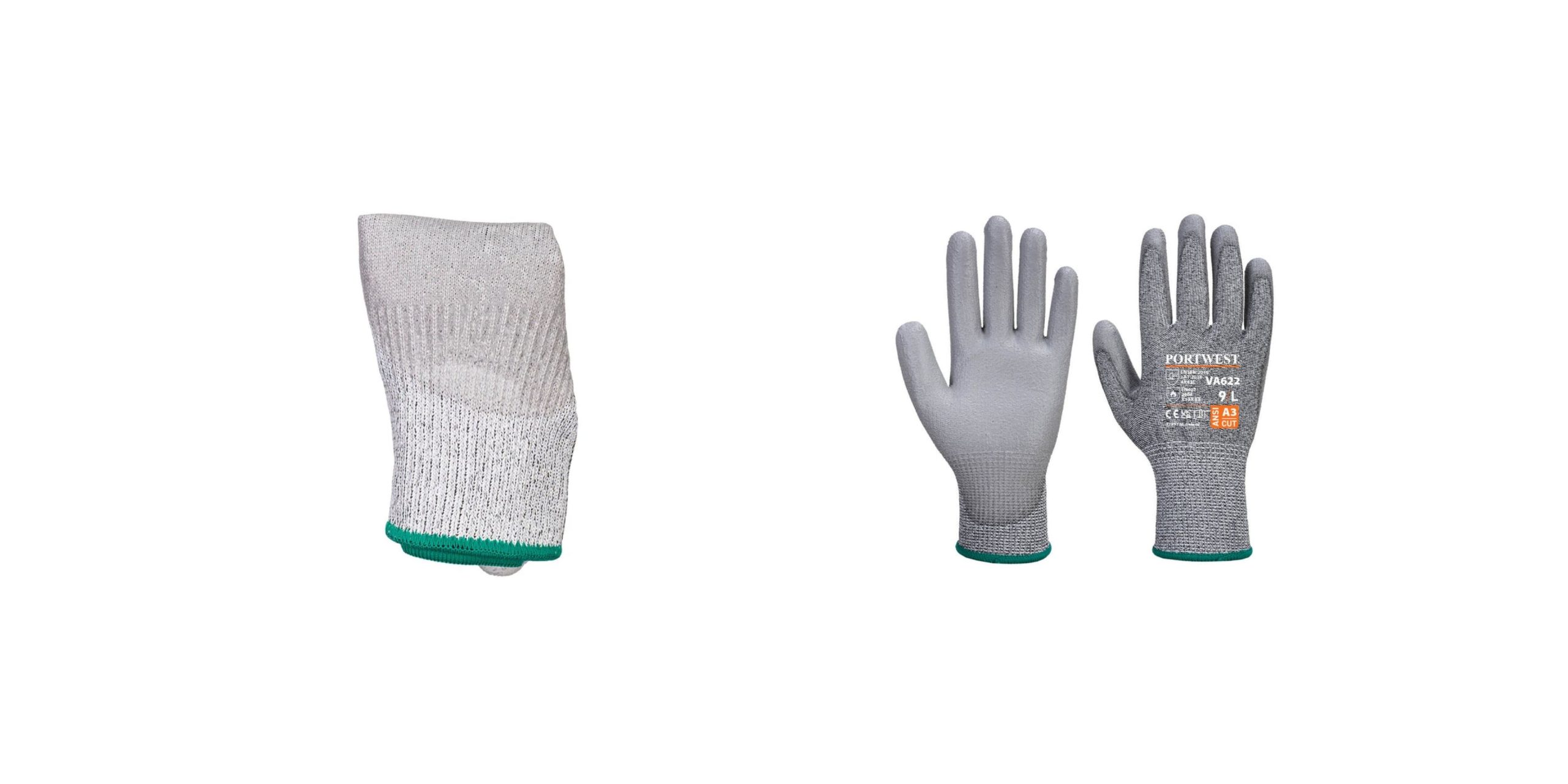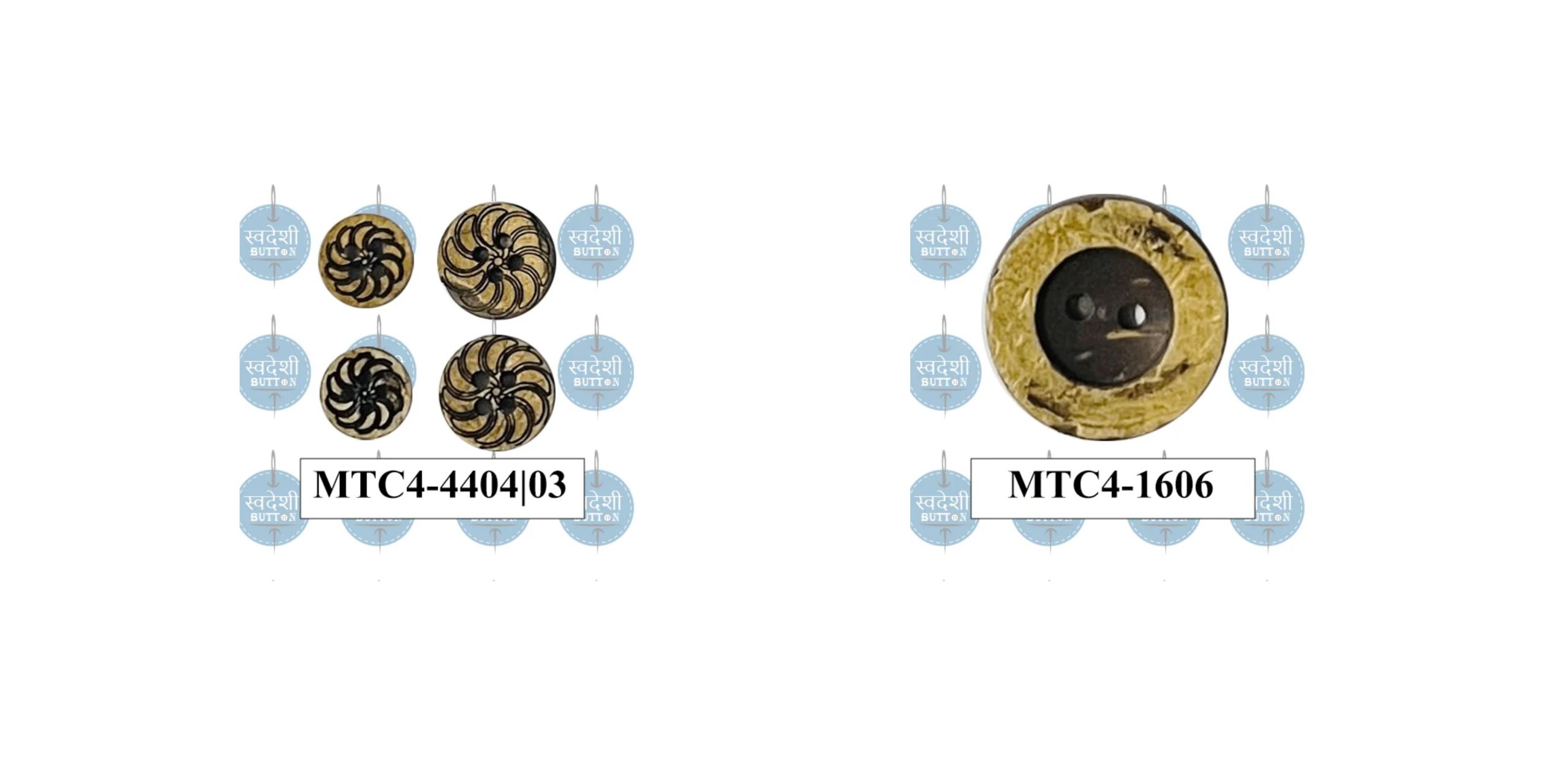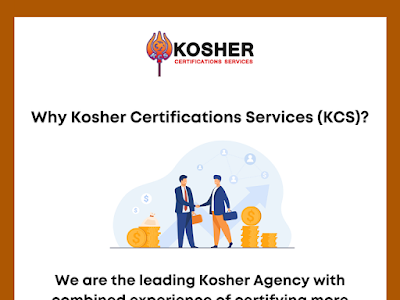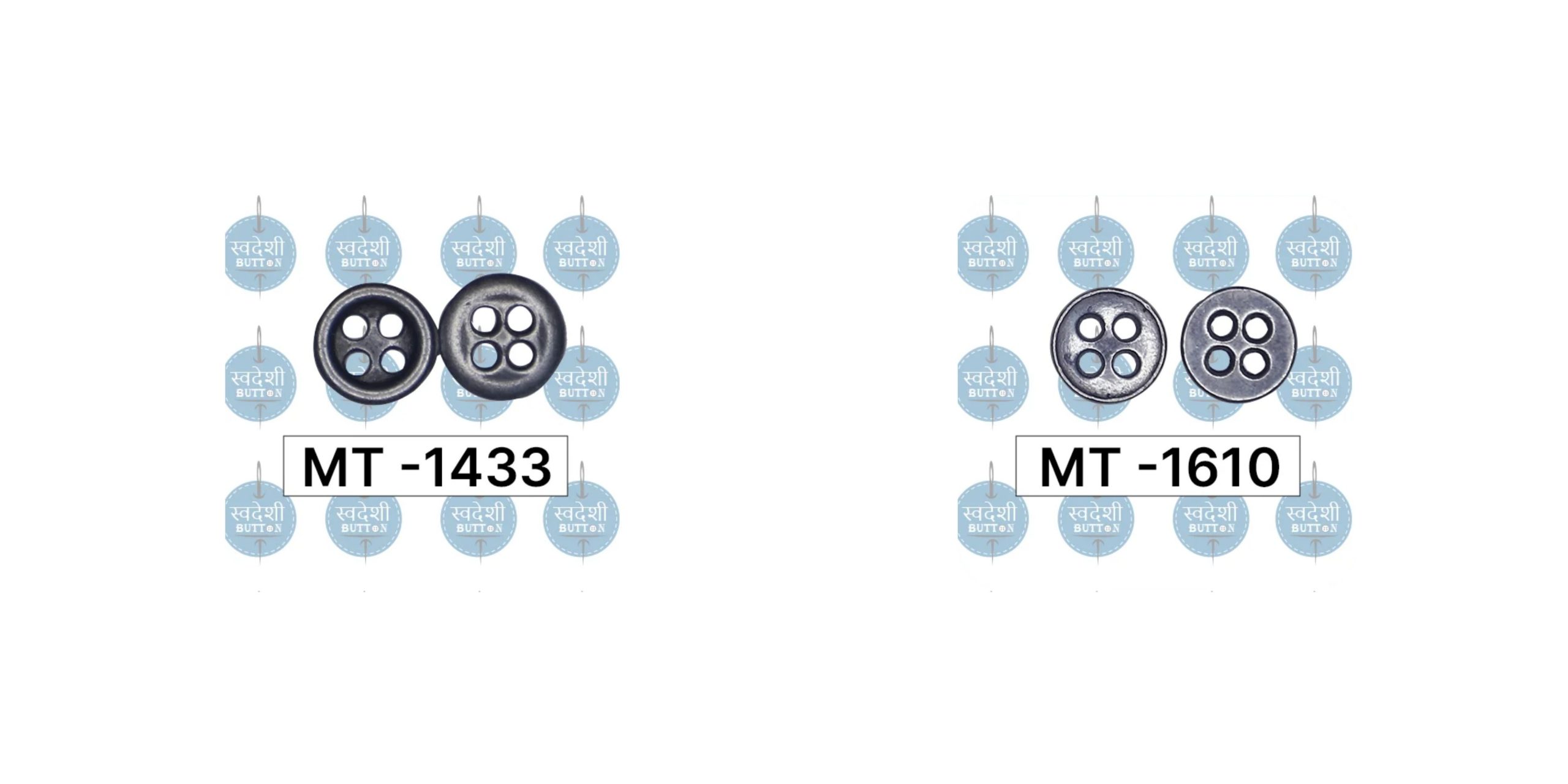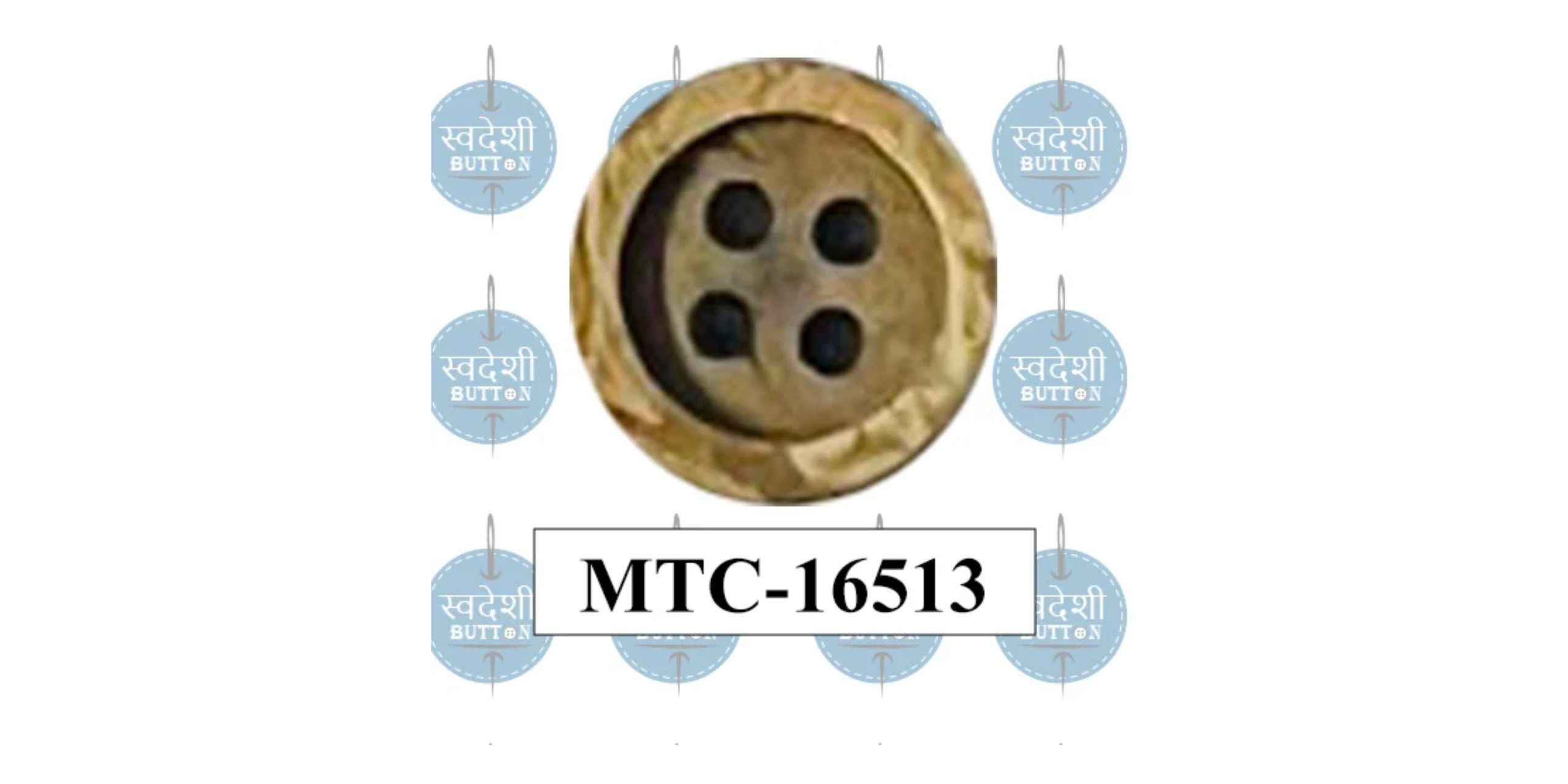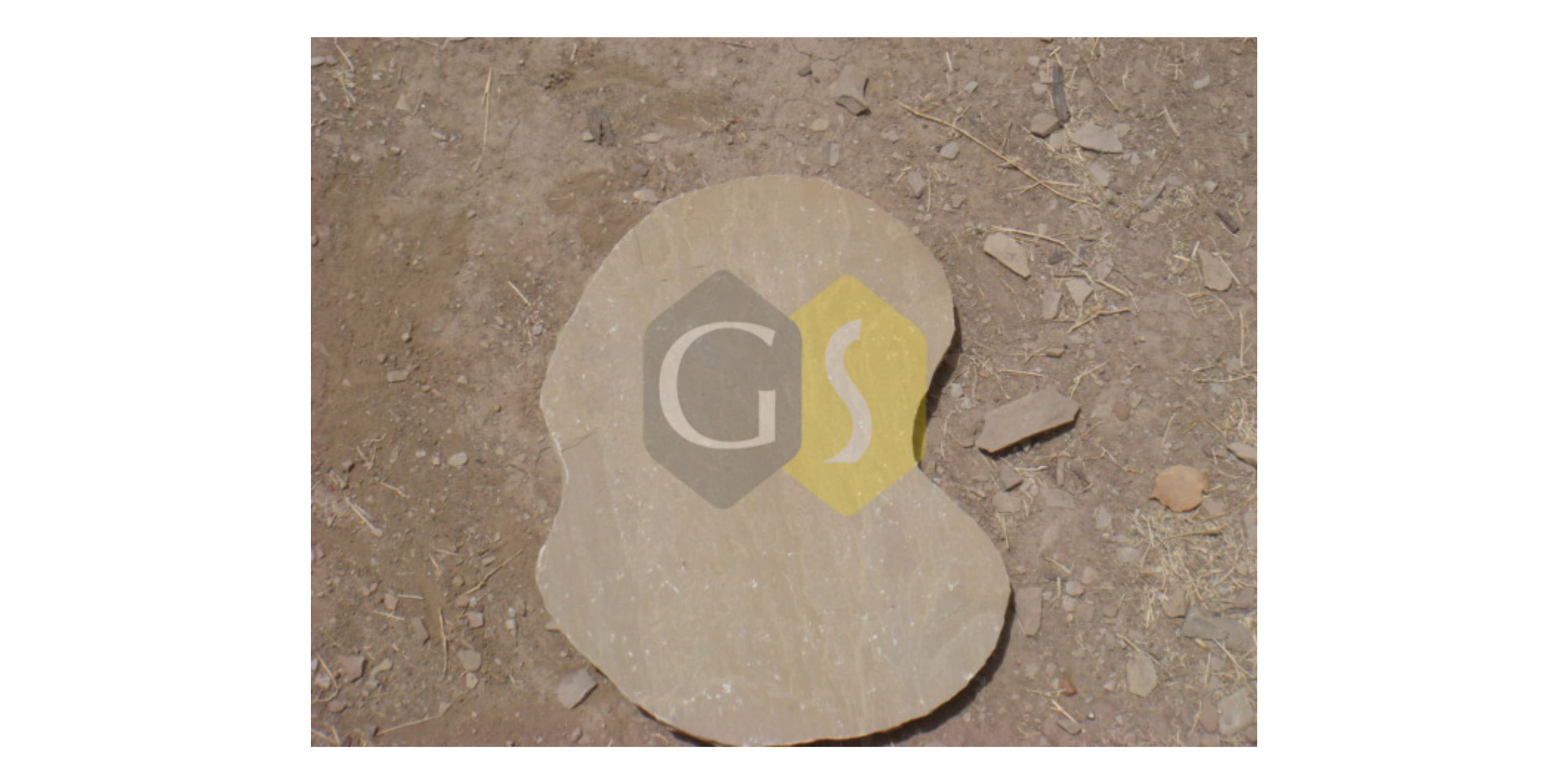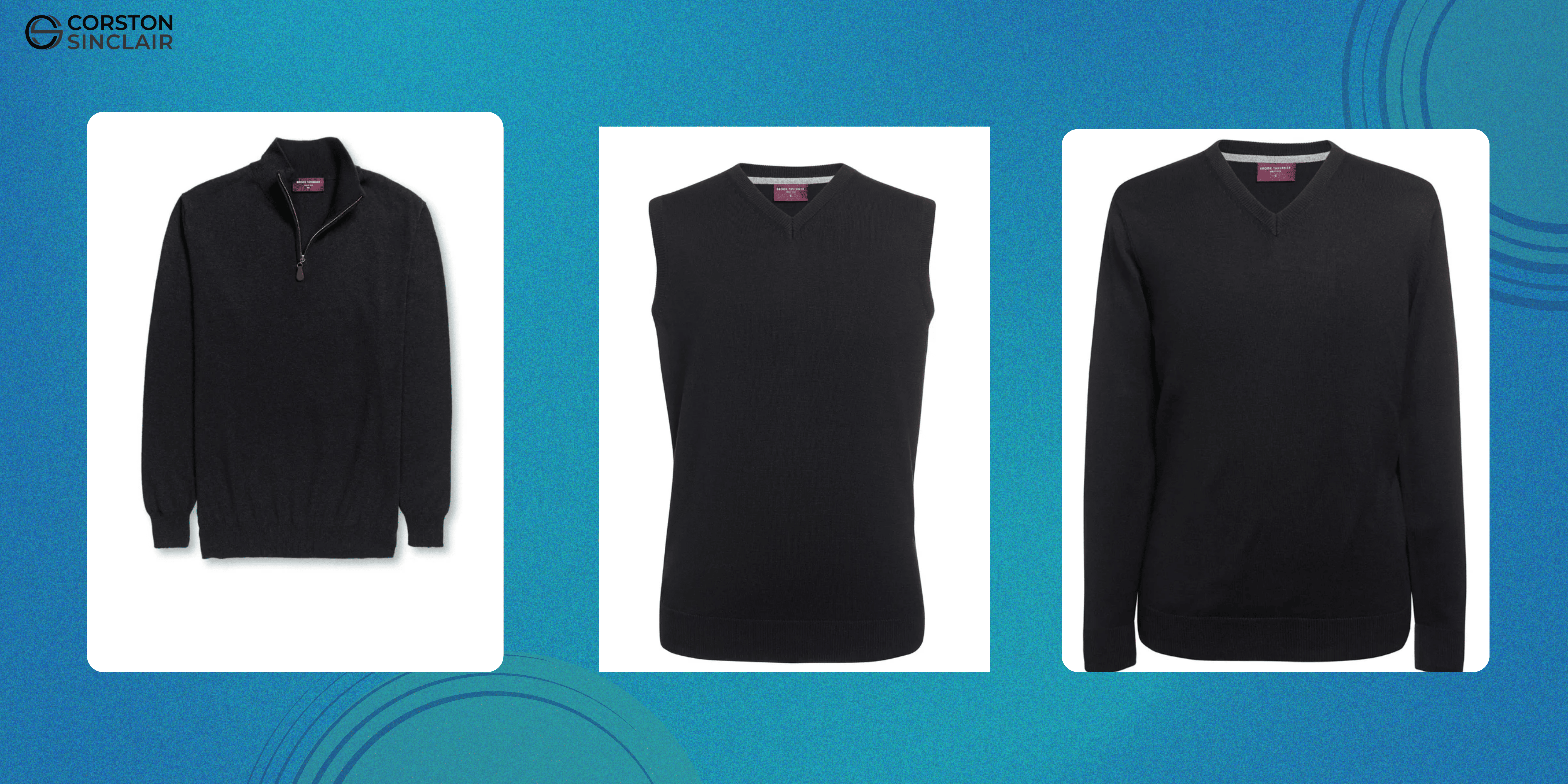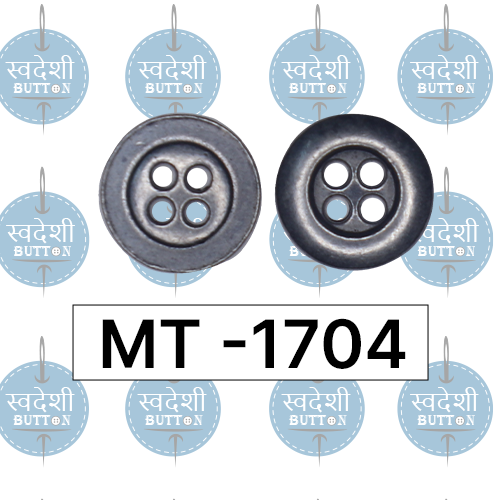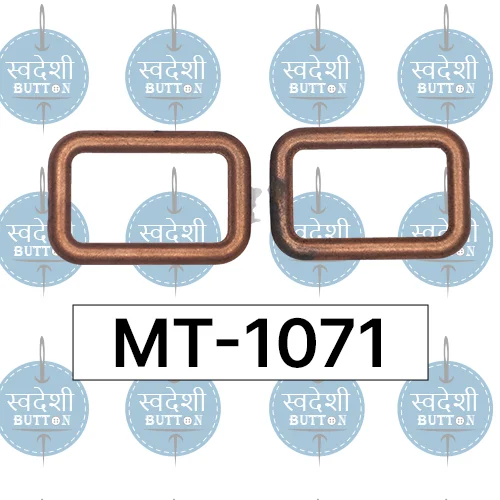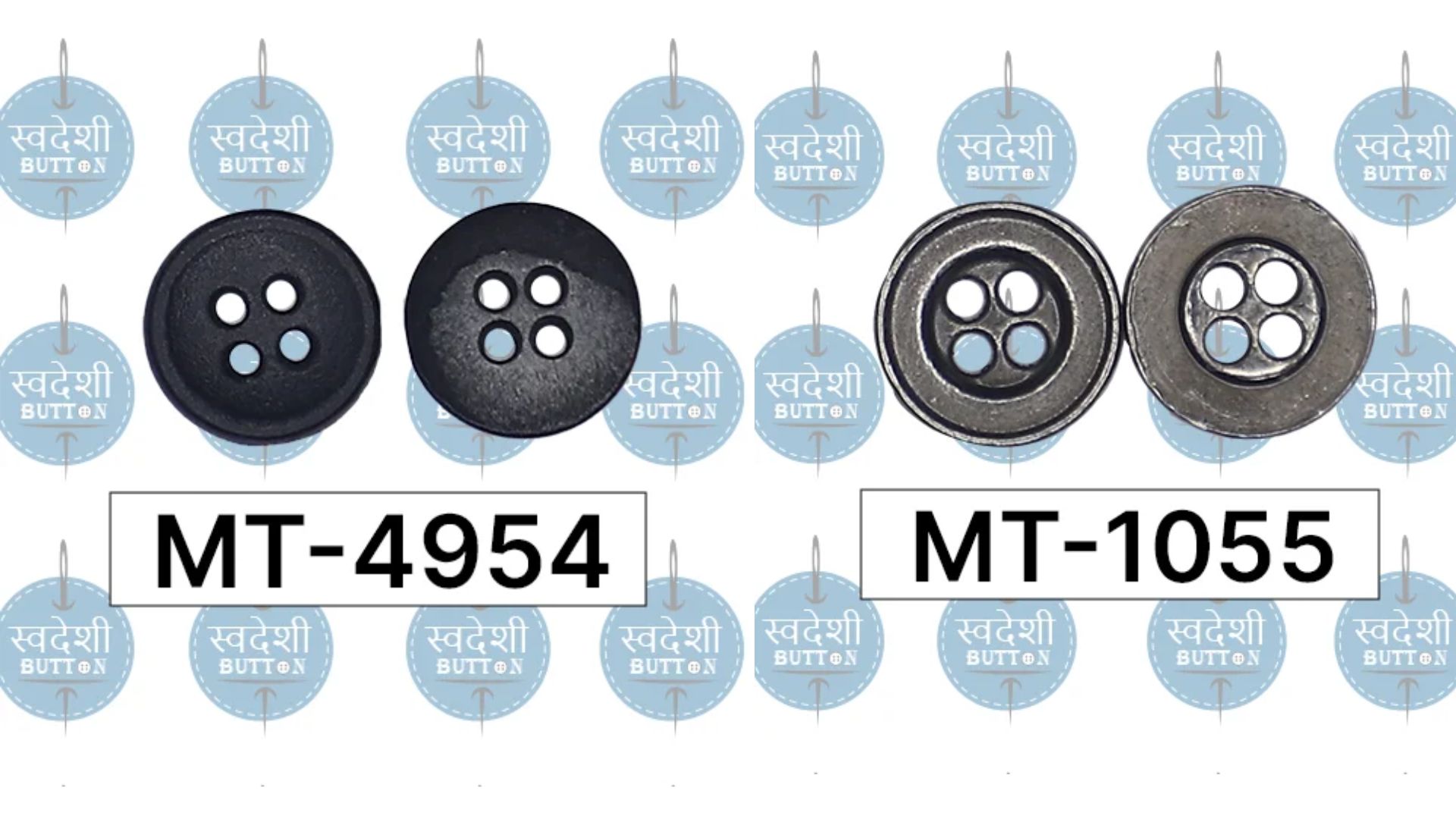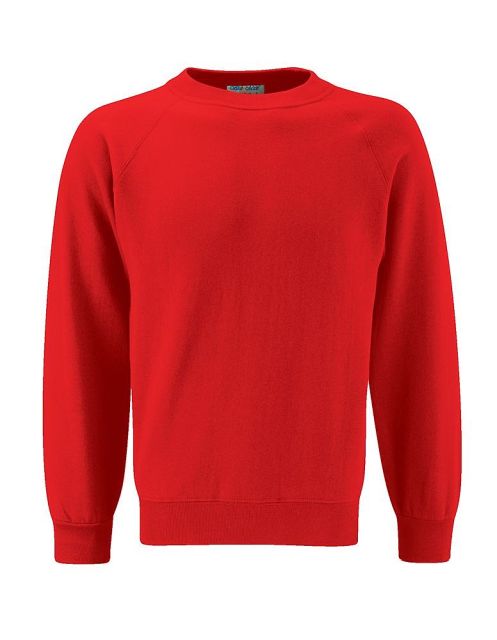
In today’s global food and product industry, earning consumer trust is more important than ever. One powerful way to show that your products meet high standards is by obtaining a Kosher certificate. While the term “kosher” has religious origins, it now represents a broader commitment to quality, transparency, and safety.
So, what exactly is a Kosher Certificate, and why does it matter to so many businesses? Let’s explore.
What Is a Kosher Certificate?
A Kosher certificate is an official approval issued by a recognized kosher certification agency. It confirms that a product, along with its ingredients, processes, and manufacturing environment, complies with Jewish dietary laws, known as kashrut.
However, kosher certification isn’t just about what’s in the food. It also covers how food is prepared, how equipment is cleaned, and even how products are packaged. This attention to detail makes kosher-certified products especially attractive to consumers who care about food safety and ethical production.
Why Kosher Certification Matters
1. Trusted by a Global Audience
While kosher laws are based on Jewish tradition, a wide range of consumers rely on kosher-certified products. For example, many Muslims accept kosher items because of similarities with halal practices. Additionally, people who are vegetarian, vegan, or lactose-intolerant often look for kosher labels to avoid cross-contamination or unexpected ingredients.
Because of this wide appeal, having a Kosher certificate can significantly expand your product’s reach.
2. Seen as a Sign of Quality
Earning a Kosher certificate shows that your business follows strict standards—not only for ingredients but also for cleanliness and quality control. Kosher certification involves regular inspections by trained supervisors who ensure that every step in the production process meets detailed requirements.
As a result, many shoppers view the kosher label as a sign of a company’s commitment to integrity and excellence.
3. Opens Doors to New Markets
If you plan to sell your products internationally, a Kosher certificate can help you gain access to important markets such as the United States, Canada, and Israel. Many retailers and distributors in these regions prefer or require kosher-certified goods. In some industries, this certification is a key factor in a buyer’s decision to stock or recommend your product.
How to Get a Kosher Certificate
Getting certified may sound complicated, but the process is actually straightforward:
-
Choose a certification agency – Reputable options include OU, OK, Kof-K, and Star-K.
-
Submit an application – You’ll need to share product details, ingredient lists, and facility information.
-
Schedule an inspection – A trained kosher supervisor will visit your site to review your practices.
-
Make adjustments if needed – The agency may ask for changes to meet kosher standards.
-
Receive your certification – Once approved, you’ll be able to display the kosher symbol on your product.
Most agencies issue a Kosher certificate that remains valid for one year, with regular follow-up inspections to ensure compliance.
Choosing the Right Agency
With so many agencies offering kosher certification, how do you choose the right one? It often depends on your target market. For example, if you’re exporting to North America, certification from the Orthodox Union (OU) is highly recognized. If your audience is more local, a regional agency might better suit your needs. Just be sure the agency you select is widely respected and transparent in its processes.
Final Thoughts
A Kosher certificate offers more than just religious compliance. It delivers a clear message: your business values quality, consistency, and transparency. Whether you’re in the food, beverage, cosmetics, or supplements industry, kosher certification can give your brand a powerful advantage.

